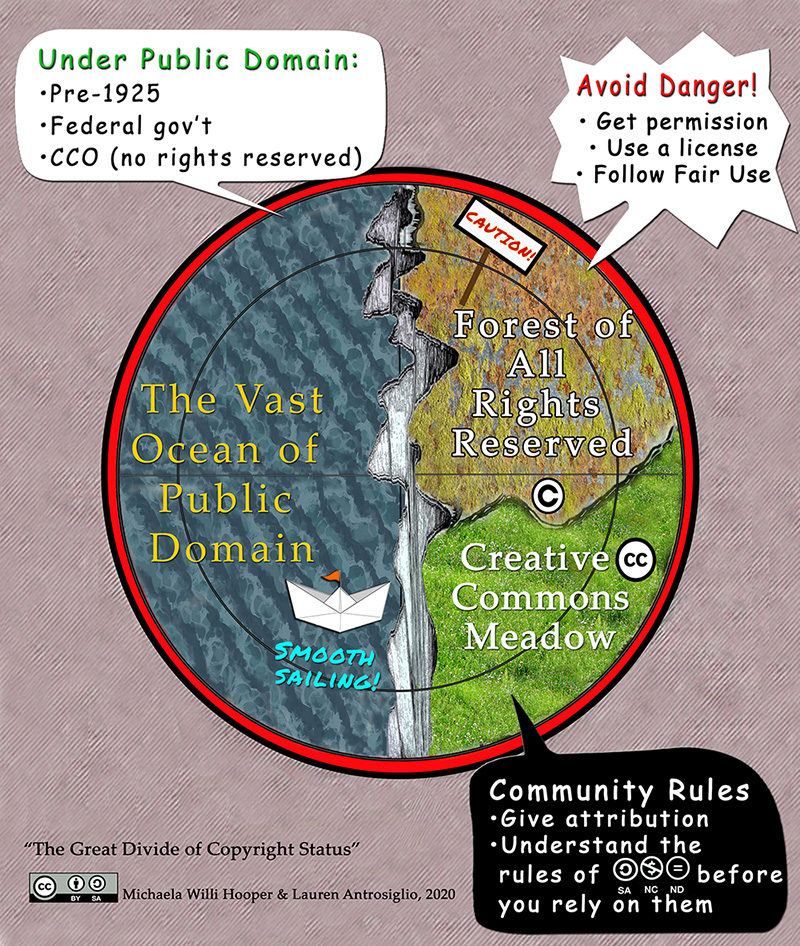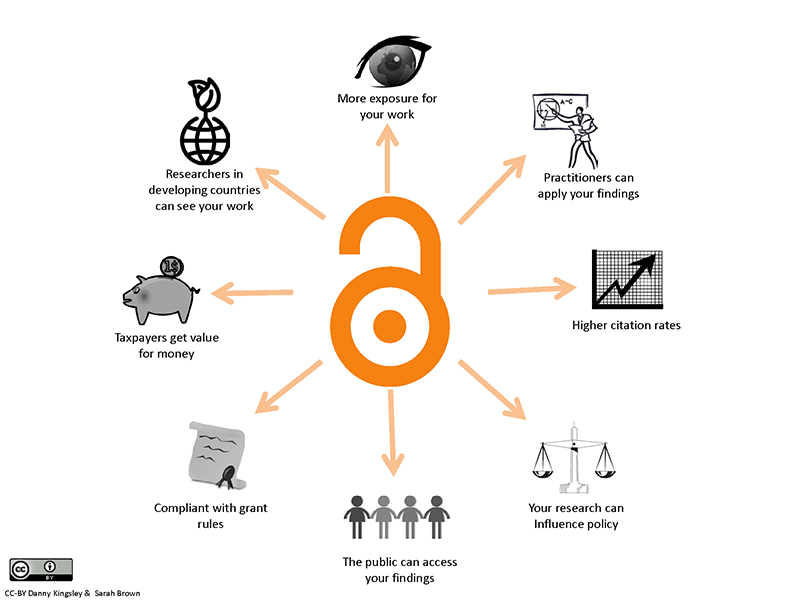Collins Memorial Library is recognizing Open Access Week Oct 19-25 with a series of posts and events. This is the third of five in a series of blog entries about Open Access.
– Ben Tucker
Over the last few decades, the subscription cost of scholarly serial publications has grown at a rate far outpacing the rate of inflation. Caused largely by the concentration of academic journal publishing residing with a handful of commercial publishers, these price increases and the resulting strain it has caused for subscribing libraries, has become known as the serials crisis. This crisis has resulted in reduced access to scholarly journals for many institutions, and caused a budget shift away from monographs, and other resources, as libraries struggle to maintain access to desired journals.
The commercial publishers’ preferred business model of bundling a large number of journal titles together for a discounted aggregated package further complicates budget decisions for libraries, resulting in subscriptions to unwanted journals in order to access essential ones.
These practices, combined with budget restrictions, often result in impediments to free and open scholarly communication. OA journals, which provide free and unfettered access to their content, act as an alternative model that can alleviate some impediments to scholarly communication.
 OA journals use Creative Commons and other open licensing to permit open sharing of scholarly work without making the work public domain. You can read more about Creative Commons Licensing on the library’s Scholarly Communications LibGuide.
OA journals use Creative Commons and other open licensing to permit open sharing of scholarly work without making the work public domain. You can read more about Creative Commons Licensing on the library’s Scholarly Communications LibGuide.
Muddying the waters of OA and subscriptions to scholarly journals are a wide spectrum of hybrid options. Some journals allow authors to archive pre- or post-publication versions of articles on institutional or subject repositories after an embargo period. This model is sometimes referred to as green OA, in contrast to fully open OA journals that are referred to as gold OA. Furthermore, other journals use a pay for OA model where a publisher requires payment from the author for an article to be made freely available on the journal’s website. This can help increase access for readers, but often at a steep price for the author or their institution.
Collins Library provides access to many hundreds of OA Journals that are searchable in Primo, our online discovery tool.
Further Reading

